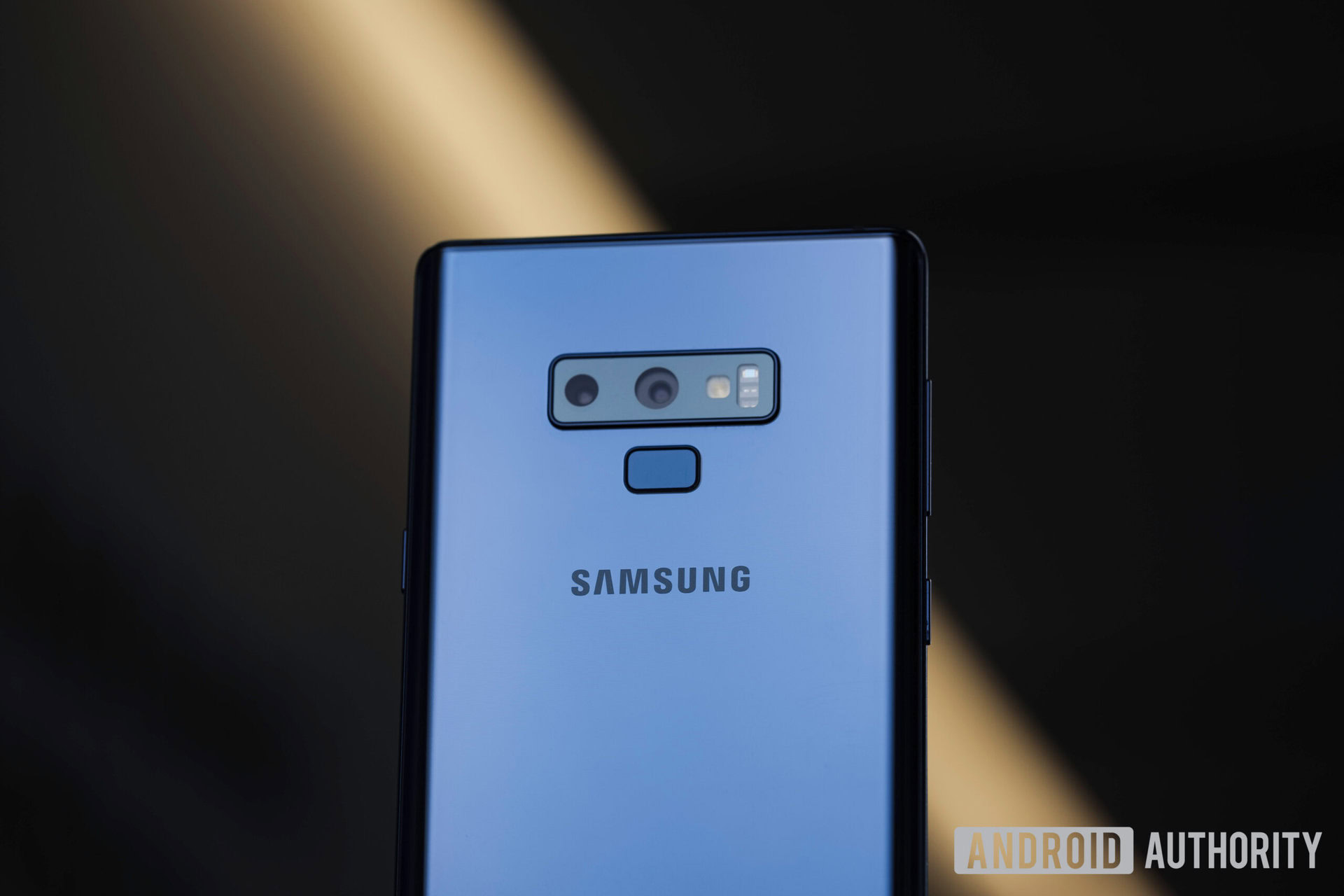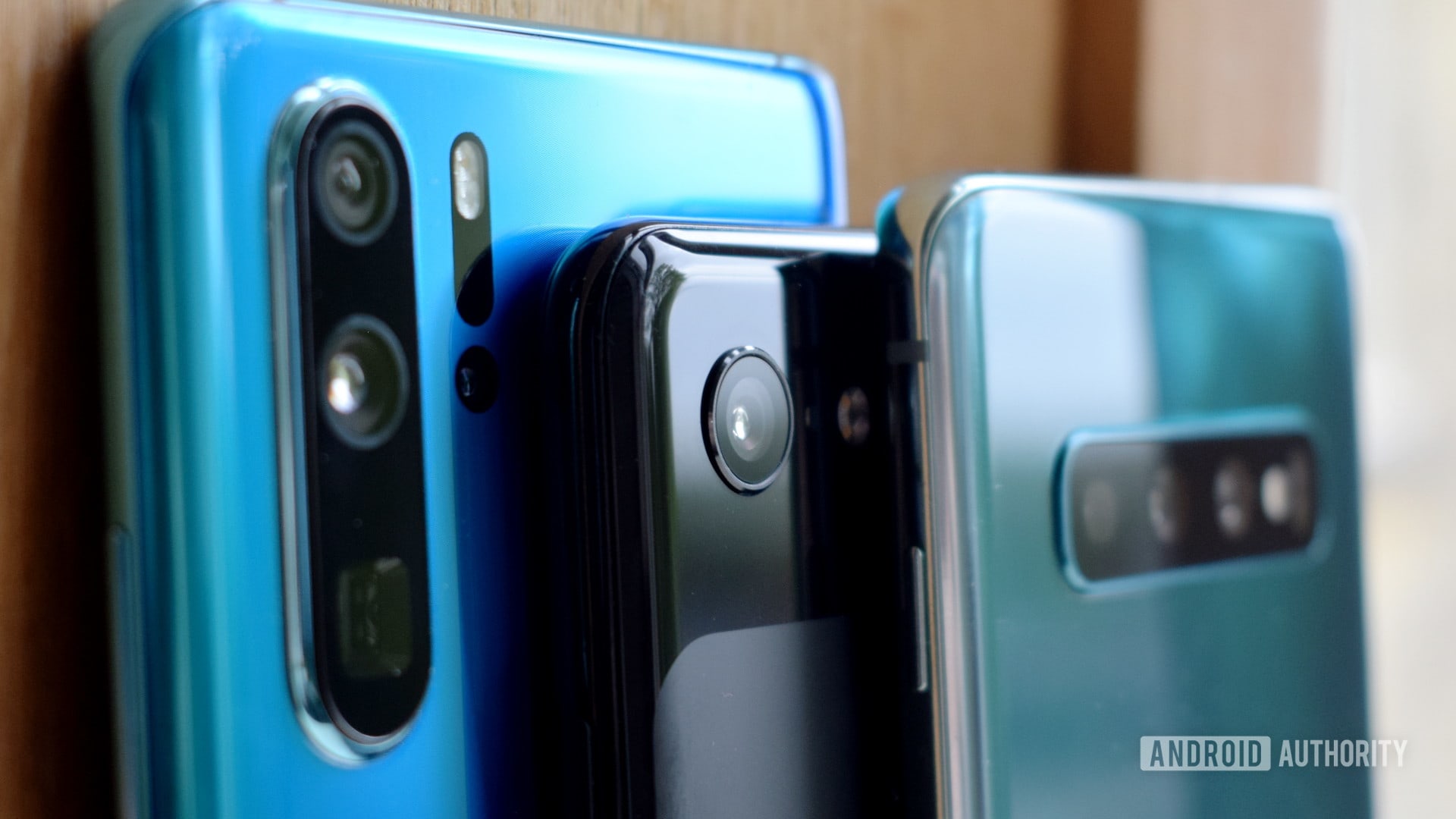Affiliate links on Android Authority may earn us a commission. Learn more.
Samsung Galaxy Note 10 camera said to offer three variable aperture options
Published onJune 20, 2019

The Samsung Galaxy S9 and Galaxy Note 9 both offered a dual-aperture camera last year, and it’s an interesting concept. The feature allowed users to shoot at a wider aperture (f/1.5) in low light, then switching to a narrower aperture (f/2.4) in daytime conditions when you don’t need to capture all the available light.
Now, noted tipster Ice Universe has claimed that the Samsung Galaxy Note 10 camera will offer the ability to switch between three apertures (f/1.5, f/1.8, and f/2.4). Ice Universe claims that Samsung China engineers revealed this news, but it’s unclear whether the tipster received this information directly from these engineers.
Samsung China engineers said that the Note10 camera will use a three-stage variable aperture: F1.5/F1.8/F2.4— Ice universe (@UniverseIce) June 20, 2019
Aside from a wider aperture letting in more light, it also offers a shallow depth of field effect. That is, a wider aperture tends to blur out more of the background, while a narrower aperture keeps more of the scene in focus (i.e. a deeper depth of field).

A three-stage variable aperture is an interesting move for the Samsung Galaxy Note 10 if true, as the company is essentially adding a middle stage to the existing f/1.5 and f/2.4 setup. This means you’ve got more light capturing capabilities than the f/2.4 option, while offering a deeper depth of field than the f/1.5 aperture.
Would Samsung be making the right move in the age of 48MP cameras, night modes, and periscope zoom technology? It’s tough to say, but dual-aperture cameras haven’t exactly made as many headlines as the P30 Pro‘s zoom or Google’s Night Sight. It’s also worth noting that many phones use secondary cameras and software to deliver varied depth-of-field effects anyway, as opposed to a variable aperture. What do you think of this rumored feature? Give us your thoughts in the comments section.
NEXT: Is it me or have smartphones become interesting again?